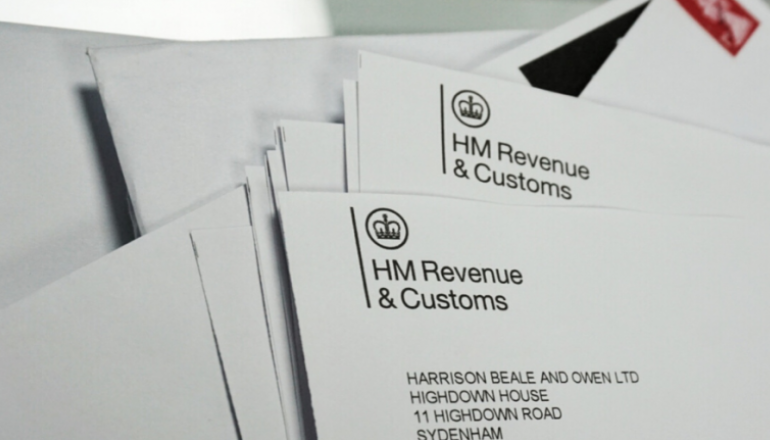HMRC have introduced a significant change to the way in which it manages the clearance of centrally issued assessments and it can catch a taxpayer out.
When taxpayers miss the deadline for filing a VAT return, a ‘central assessment’ is raised automatically by HMRC’s system. This is also known as a ‘VAT notice of assessment of tax’ (or centrally issued assessment).
The assessment estimates the VAT liability due to HMRC on the outstanding VAT return. The estimate is usually based on the VAT amount owed on previous returns, however, where HMRC does not have access to historic data, other methods of estimation may be used.
Any penalties for late payment are initially calculated based on the estimate of the VAT liability.
What was the previous process?
Under the old system, when a late VAT return was submitted to HMRC, the central assessment would be removed from the account by the next working day. The estimate would be replaced in the VAT account by the actual figures submitted and any checks on the submitted return would take place at a later date.
What has changed?
HMRC has confirmed that this approach has now changed but there was no big publication of the change, so taxpayers need to be aware to prevent getting caught out.
Under the new system, the central assessment remains on the taxpayer’s account until the late VAT return has been fully processed. Furthermore, if the late return is subject to compliance checks, the central assessment will not be removed from the VAT account until these checks are complete. Even if HMRC’s system does not flag the late return for additional checks, the balance in the VAT account may still not be updated by the next working day.
What does the change mean?
Upon receiving a central assessment, a business should do its best to file the outstanding VAT return(s) as soon as possible.
But please also note that in some cases, it may be necessary to pay the centrally issued assessment in order to prevent additional penalties being incurred.
If you would like to discuss the implications of this further, please contact our VAT department where someone will be able to assist.
Email: [email protected]
Phone: 02476 306029













